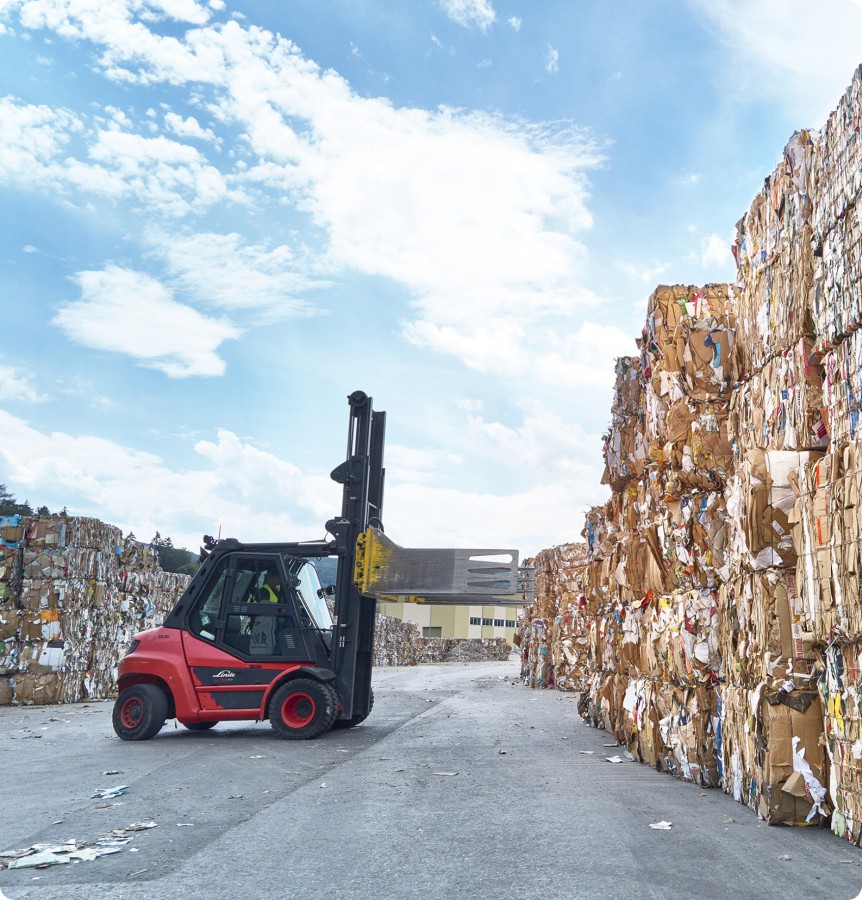For decades, the European containerboard industry has been a pioneer and leader in sustainability, championing recycling, resource efficiency, and renewable energy. Now, it is taking the next bold step: achieving Net Zero emissions by 2050.
To reach this goal, Containerboard Europe, with the support of Climact and industry experts, has developed a roadmap to support and guide European containerboard producers on their unique decarbonisation journeys.



